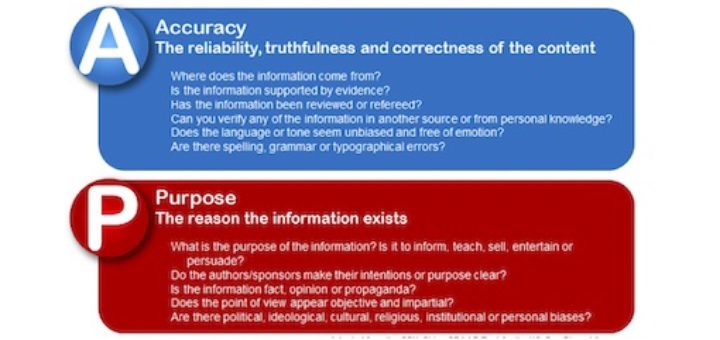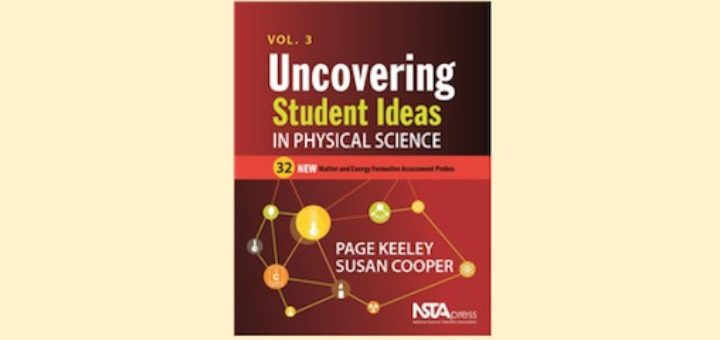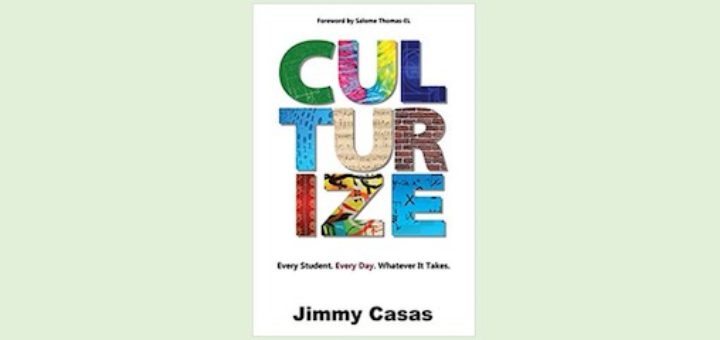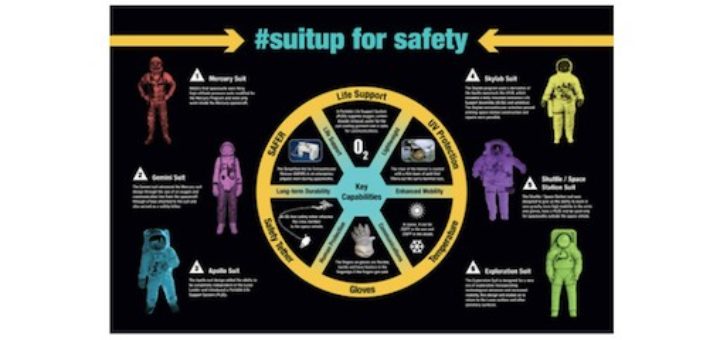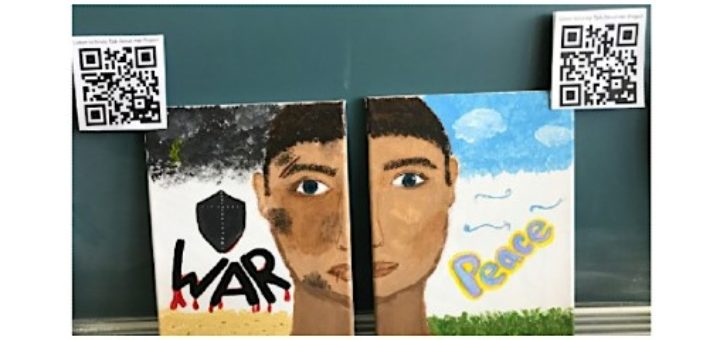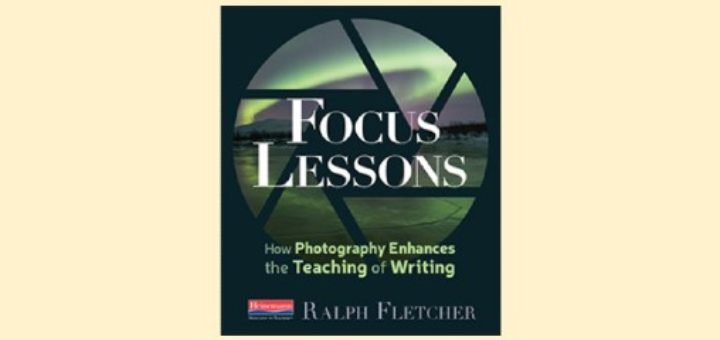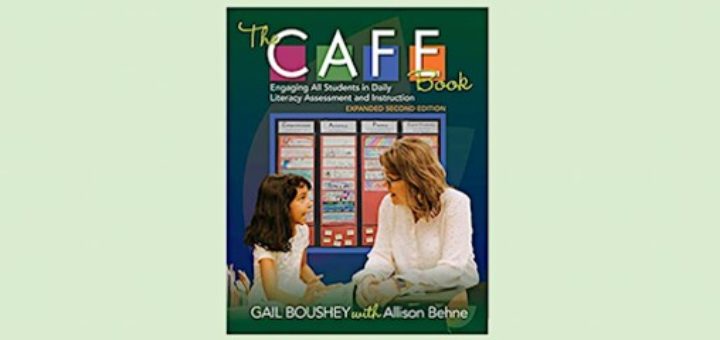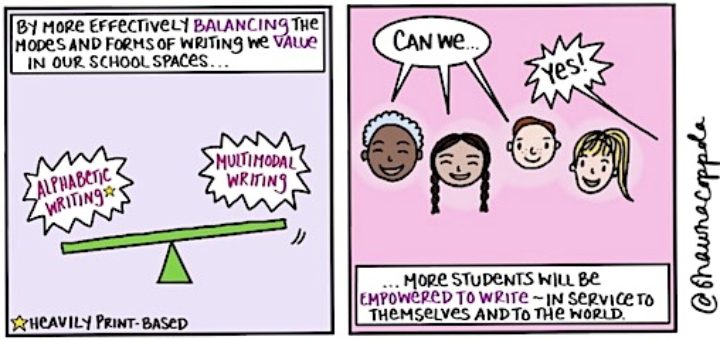Verification – It’s the #1 Vocabulary Word for 2020
As we move into the 2020 presidential election, questioning what we read and hear is paramount. In the fake news era, are students learning how to verify what they consume? Media literacy expert Frank Baker doesn’t think so and says it’s up to educators to teach them.

